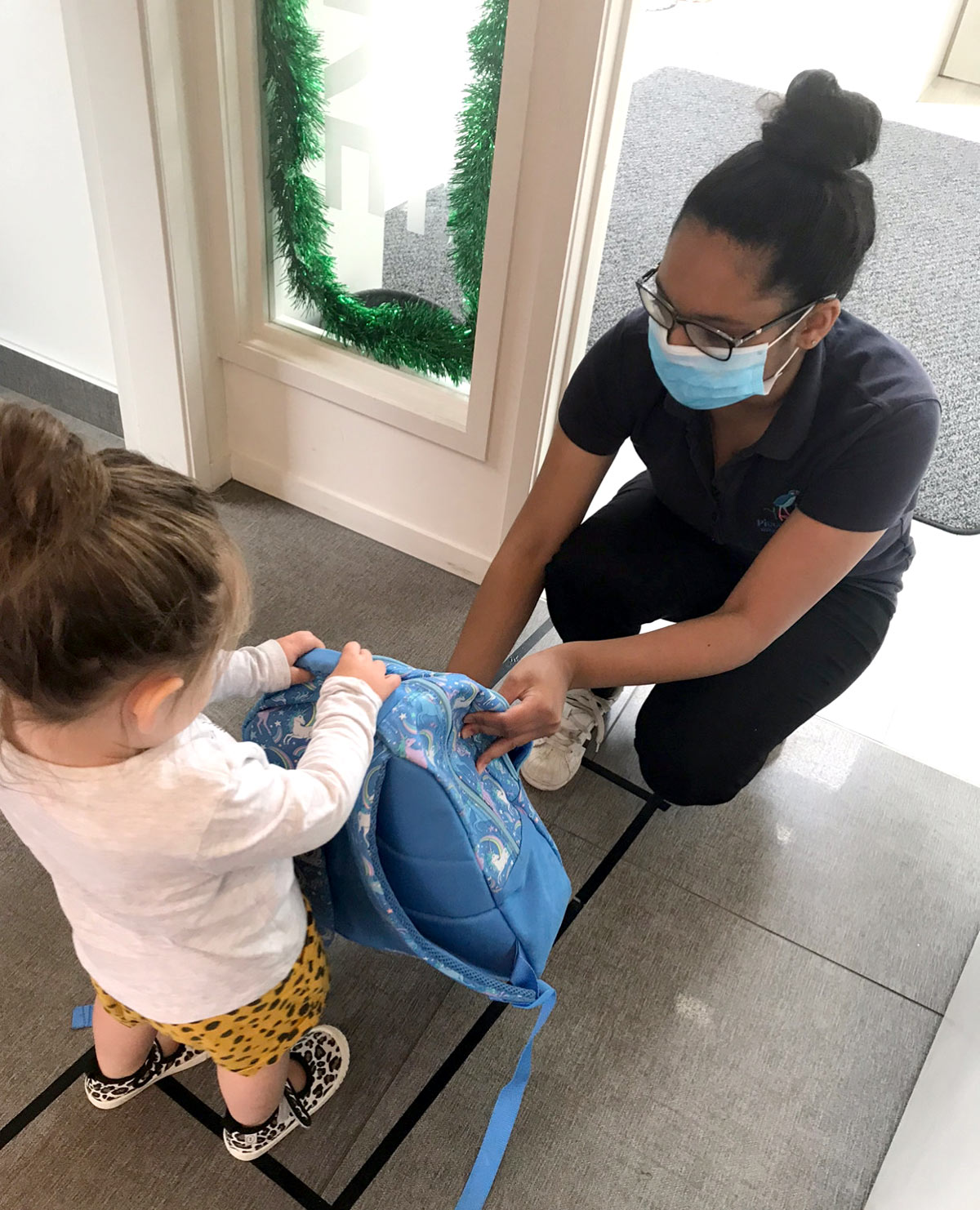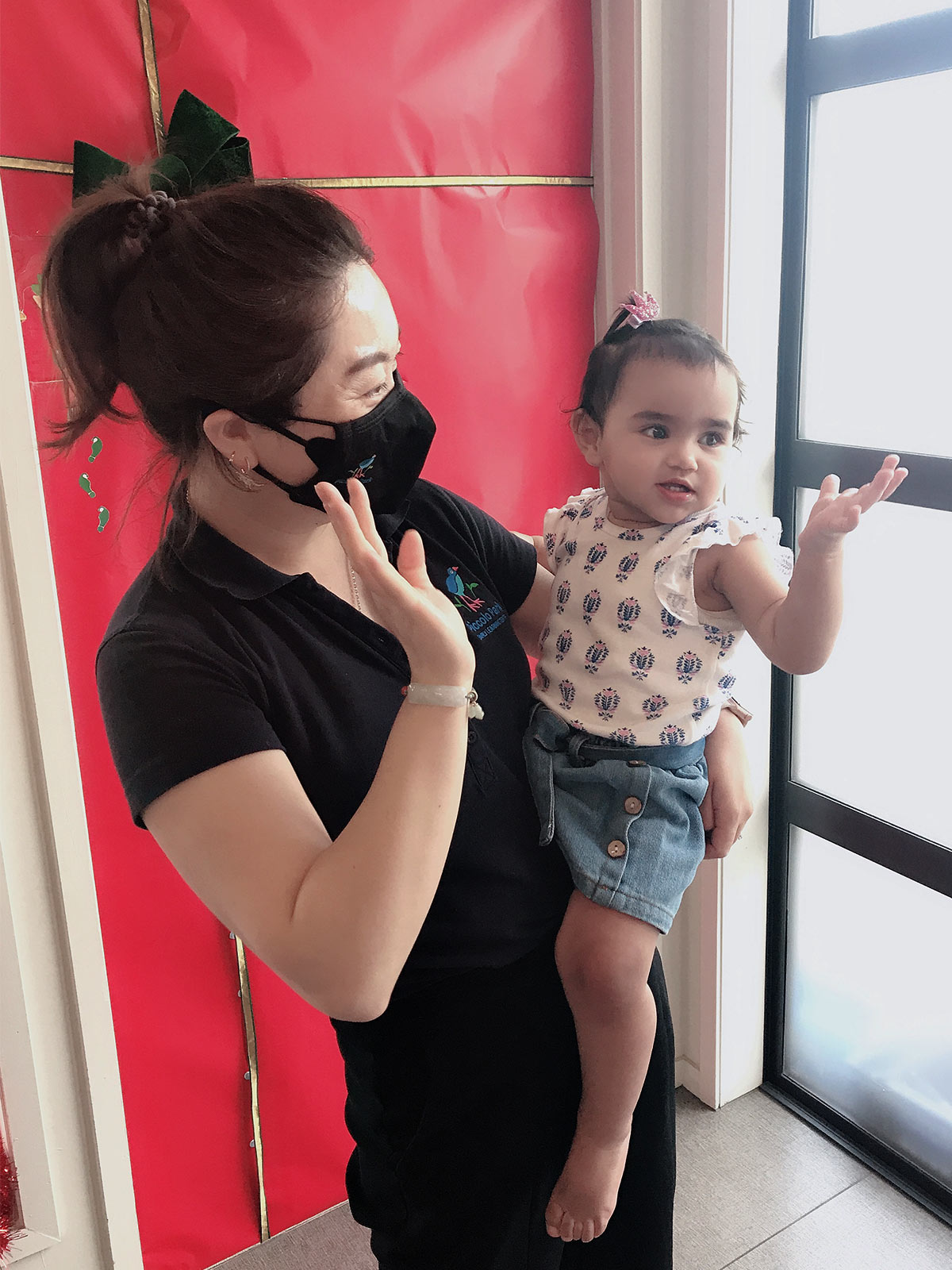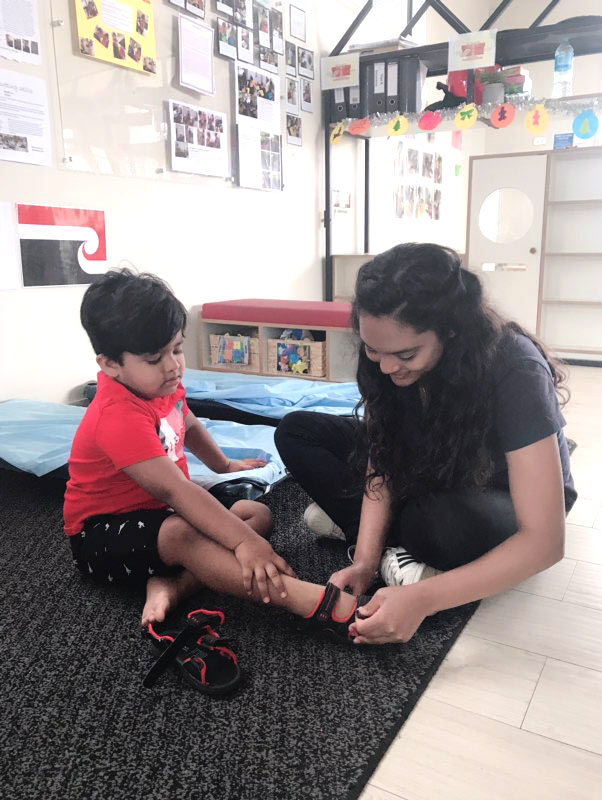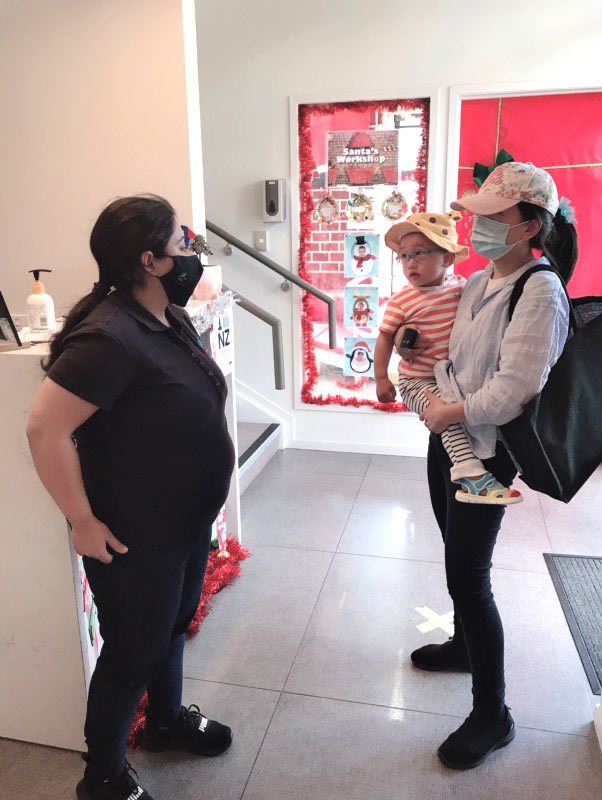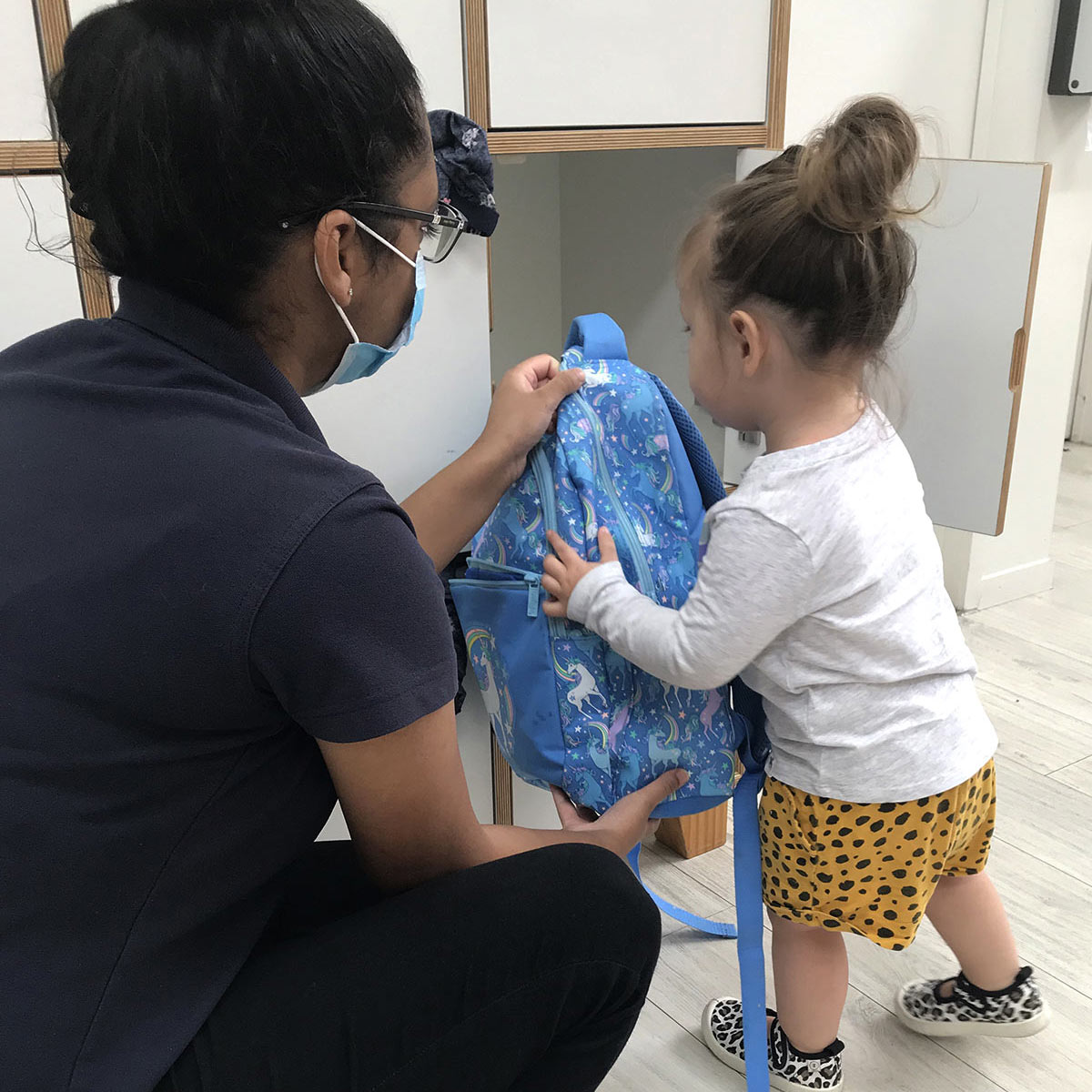COVID-19 has been one of the biggest challenges that we have encountered in many decades. It has had a significant impact on how we interact with others, conduct our work, study and many other aspects of our lives. It has brought with it a lot of unexpected change and it is quite common to feel anxious and stressful.
Everyone reacts differently when faced with difficult situations, where some may find this time more challenging than others. To be able to adapt to the changes and cope with the uncertainty, it is crucial to look after our mental wellbeing and find ways to connect in positive and loving ways.
Here are some practical ways that we can protect our wellbeing…
With the government restrictions easing off, parents and whānau have the option of their children returning to their early learning service. Some are uncertain about this, whilst others will be excited to head back to some sense of normal.
Here is how we can help make the transition back a smooth one for our tamariki…
While you actively prepare yourself and your children to get ready to return, our professional team has also been working hard on resettling our tamariki.
- We have lots of hugs with our children
- Sing their favourite waiatas together
- Ensuring that their areas of play interest are easily accessible
- Asking/talking about what we all did while at home
- Keeping consistent with our daily room routines and rituals, to provide a sense of predictability and familiarity
- Making the most of care rituals (sleeping/nappy changes) to reconnect with children one on one
Reference:



